
Boosting Sri Lanka’s Circular Conversion: The PLASTICS Project
Biodiversity Sri Lanka (BSL) is playing a pivotal role through the PLASTICS project, an ambitious, multi-partner initiative aimed at promoting a sustainable and circular economy for plastics in Sri Lanka. Funded by the EU’s SWITCH-Asia program, this 48-month project is designed to boost economic development in the plastics value and supply chains (V/SC) by supporting Small and Medium Enterprises (SMEs) through innovative approaches to resource efficiency, green finance, and sustainable waste management.
The overall objective of the project is to facilitate sustainable and innovative plastic minimisation and management in Sri Lanka by integrating SMEs in greener value and supply chains, thereby contributing to economic prosperity and environmental sustainability.
The four main outputs of the PLASTICS project are:

BSL’s Key Goals are Activity 3 and Activity 4.
Activity 3: Access to green finance and Investment’s dimension are increased to scale up green economic initiatives, especially among Businesses
Activity 4: The traceability, transparency, and compliance in plastic SWM are strengthened through public-private dialogue, collaboration and monitoring
A Focus on SMEs and Green Finance
The project aims to engage 150 SMEs, 10 entrepreneurs, and 50 Business Development Service providers to foster a collaborative environment for green business development. BSL’s work under Activity 3 involves engaging the SMEs in the circular economy, and creating awareness of green financing options. These awareness sessions, held in Colombo, Gampaha, and Kalutara in August and September 2024, encouraged SMEs to rethink their business models, adopting more sustainable and resilient approaches that align with circular economy principles.
Event held for SMEs in Colombo at the BMICH on 15 August 2024
Event held for SMEs in Kaluthara at the Royal Oshin hotel on 12 September 2024
Event held for SMEs in Gampaha at the KayJay hotel on 13 September 2024
Why promote a Circular Economy?
A circular economy promotes efficient use of resources, reducing waste by encouraging the reuse and recycling of materials. For businesses, especially in sectors that use plastics, adopting circular economy practices means less dependency on raw materials, cost savings, and compliance with evolving environmental regulations. Climate change is also a significant business risk, and understanding how to mitigate its impacts—while taking advantage of green finance options—can help businesses remain competitive in an increasingly eco-conscious market.
BSL is at the forefront of helping SMEs in Sri Lanka navigate these challenges, providing valuable insights into the circular economy and green financing incentives. These efforts are particularly focused on women-led businesses, helping them improve their competitiveness, expand their value addition, and access resources for scaling up sustainable practices.
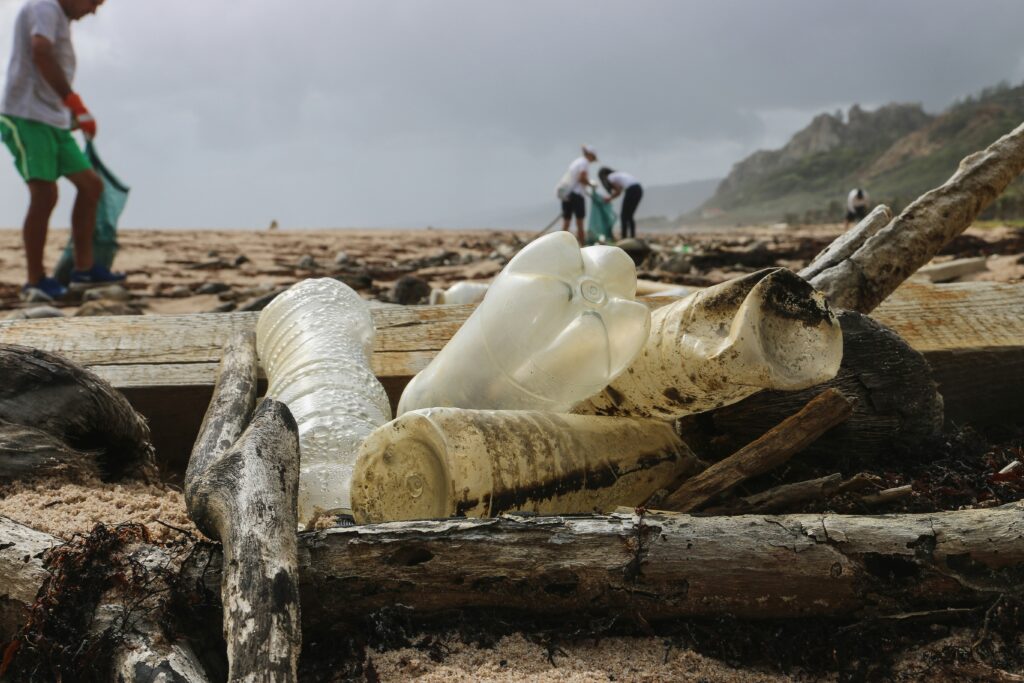
Extended Producer Responsibility (EPR)
Another vital aspect of BSL’s contribution is through Activity 4, which focuses on advancing Extended Producer Responsibility (EPR) in Sri Lanka. EPR shifts the responsibility for post-consumer plastic waste management onto producers, ensuring they play a key role in the entire lifecycle of their products—from production to disposal. This strategy encourages responsible manufacturing and supports the proper collection and recycling of plastics.
In August 2024, BSL co-hosted the EPR Symposium in collaboration with the Ceylon Chamber of Commerce, bringing together industry leaders, policymakers, and environmental advocates to discuss how innovation can help advance environmental responsibility. The symposium was a unique opportunity to celebrate the progress made in promoting EPR in Sri Lanka, and to explore new frontiers in sustainable plastic management. By focusing on collaboration and innovation, BSL is helping Sri Lankan businesses take ownership of their environmental impact, ensuring that sustainability becomes a core part of their business strategies.
Looking Forward
With continued support from BSL and its partners, the PLASTICS project is paving the way for a sustainable future for Sri Lanka’s plastics industry. By promoting circular economy principles, facilitating access to green finance, and strengthening waste management frameworks, the project is helping businesses – both large and small – contribute to environmental conservation while improving their own resilience and competitiveness.
Through initiatives like the LIFE Series of projects and active collaboration with government agencies, BSL is ensuring that the private sector remains a powerful force for positive change in Sri Lanka’s journey towards sustainability.
Keep an eye on our newsletter for more updates on this transformative project, and find out how you can get involved in shaping a greener, more sustainable future for Sri Lanka.

Private Sector Commitment to Restore Sri Lanka’s Blue Carbon Ecosystems

Biodiversity Sri Lanka (BSL), in partnership with its members, government bodies, and conservation groups, continues to champion environmental stewardship through innovative restoration projects. One of BSL’s standout initiatives is the Life to Our Mangroves (LOM) project, which is dedicated to the restoration and preservation of vital blue carbon ecosystems in Sri Lanka.
The significance of blue carbon ecosystems, such as mangroves, lies in their ability to sequester large amounts of carbon, thereby playing a crucial role in combating climate change. Mangroves, with their dense root systems, stabilise coastlines, reduce erosion, and provide critical habitats for various species. Unfortunately, Sri Lanka’s mangrove forests have faced severe degradation, especially due to human activities like shrimp farming.

Plot 05

Plot 07

Planted mangroves
The LOM project, a key example of BSL’s vision for ecological conservation, began with a Memorandum of Understanding (MOU) signed between BSL and the Department of Wildlife Conservation. The Wayamba University too has come on board providing technical and scientific advice. The initial phase of this ambitious project focused on the restoration of 10 hectares of degraded land within the Anawilundawa Ramsar Wetland Sanctuary in the North Western Province. This sanctuary is a critical habitat for many species, but decades of intensive shrimp aquaculture between the 1980s and 1990s severely disrupted the area’s natural ecosystems. By the late 1990s, the land was abandoned, but the damage from artificial barriers and pond dikes had already interrupted the natural hydrological flows necessary for the area’s regeneration.
With the assistance of the Wayamba University, the project has adopted a science-based approach to restore the natural water flow in the sanctuary. By studying the land’s contours and reintroducing tidal patterns, the project has effectively allowed water levels to regulate naturally, promoting sediment deposition and preparing the land for mangrove growth. As of now, 2.95 hectares have been successfully restored with native mangrove species, and an additional 3.08 hectares are in the process of preparation and planting. Looking forward, BSL plans to rehabilitate 7.9 hectares of land with mangrove associates and dry-zone plant species to recreate the natural ecosystem that once flourished in the area.
The success of the LOM project is largely driven by an impressive public-private partnership model. BSL’s efforts are supported by a growing number of key corporate partners such as Sampath Bank PLC, National Development Bank PLC (NDB), Citizens Development Business Finance PLC (CDB), Dole Lanka (PVT) Ltd, Easwaran Brothers Ceylon (Pvt) Ltd, Dynawash Limited, Virtusa (Pvt) Ltd, LOLC Finance PLC, Dilmah Conservation, and Amana Bank. These organisations, by signing MOUs with BSL, are actively contributing to the restoration of Sri Lanka’s blue carbon ecosystems. Their involvement demonstrates how private sector engagement can enhance environmental conservation efforts, setting a precedent for future collaborations.

This collective endeavor serves as a powerful model of sustainable partnerships in environmental stewardship. Not only does the project focus on ecosystem restoration, but it also reinforces the importance of corporate responsibility in combating climate change and promoting biodiversity. Through the LOM project, BSL is setting an example of how collaboration between the private sector, government bodies, and conservation organisations can lead to meaningful, long-term environmental impact.
With further restoration efforts on the horizon, the Life to Our Mangroves project is poised to leave a lasting positive imprint on Sri Lanka’s coastal ecosystems, contributing to the preservation of biodiversity and the mitigation of climate change.
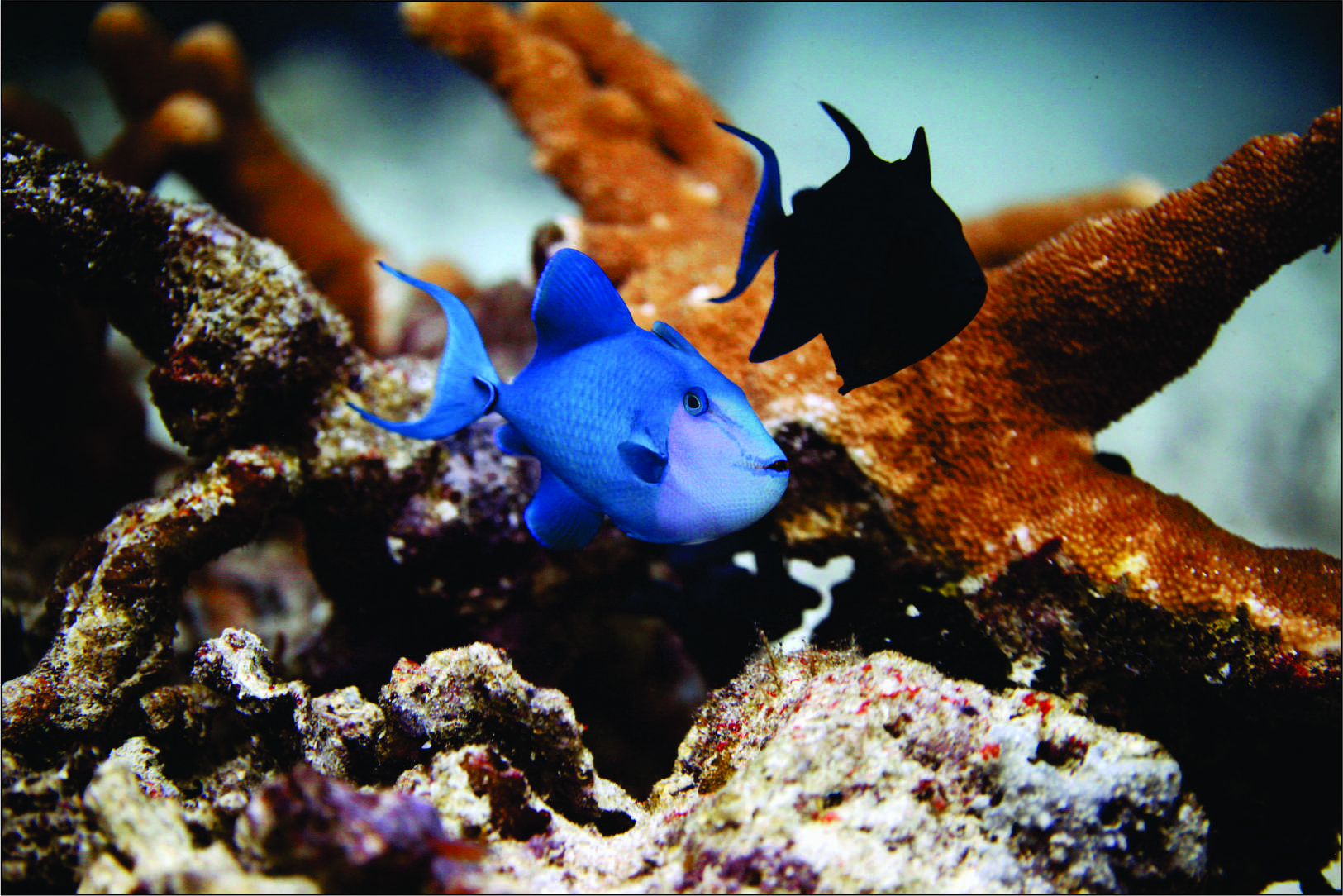
Reviving Sri Lanka’s Coral Reefs
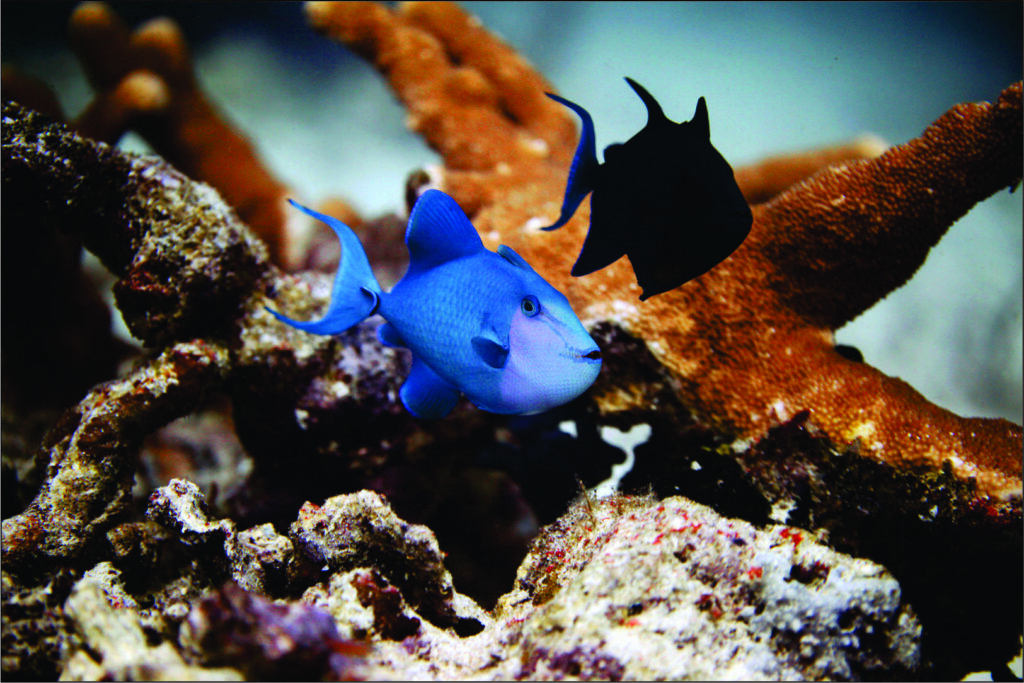
Biodiversity Sri Lanka is excited to announce the launch of the latest initiative in our “LIFE” series: called “Life to Our Coral Reefs – Project Kayankerni.” Set to commence this quarter, this groundbreaking conservation effort aims to protect the vibrant yet fragile coral ecosystems in Sri Lanka’s Kayankerni Marine Sanctuary, located in the Batticaloa District.
Coral reefs, though covering less than 1% of the world’s oceans, are home to 25% of all marine species. They provide critical ecosystem services such as coastal protection, food, recreation, and livelihoods for local communities. In the Kayankerni area, approximately 37% of the population relies on fishing and related activities for their livelihoods, underscoring the need for sustainable practices to ensure the long-term survival of this ecosystem.
Overcoming Challenges
Despite being one of Sri Lanka’s less disturbed marine environments, Kayankerni Reef faces several challenges. Unsustainable fishing practices, such as bottom-set nets, and the illegal use of explosives outside protected areas are contributing to coral damage and species loss. Agricultural runoff from the Maduru Oya basin, and nutrient-rich effluents from expanding aquaculture further threaten this delicate ecosystem. Without timely intervention, these factors could lead to further degradation of the reef.
In addition to the immediate threats posed by unsustainable fishing and pollution, climate change is emerging as a growing danger to the Kayankerni Reef. Rising sea temperatures are causing coral bleaching, a phenomenon where corals lose their vibrant colors and, more critically, their symbiotic algae, which are essential for their survival. This not only weakens the corals but also reduces their ability to support the diverse marine life that depends on them. According to research, even a slight increase in water temperature can trigger widespread bleaching events. Furthermore, ocean acidification, driven by increased carbon dioxide absorption, weakens coral skeletons, making them more susceptible to damage from storms and human activities. Without intervention, these climate-induced pressures could drastically reduce the reef’s resilience, undermining both biodiversity and the livelihoods of the local communities dependent on its health .
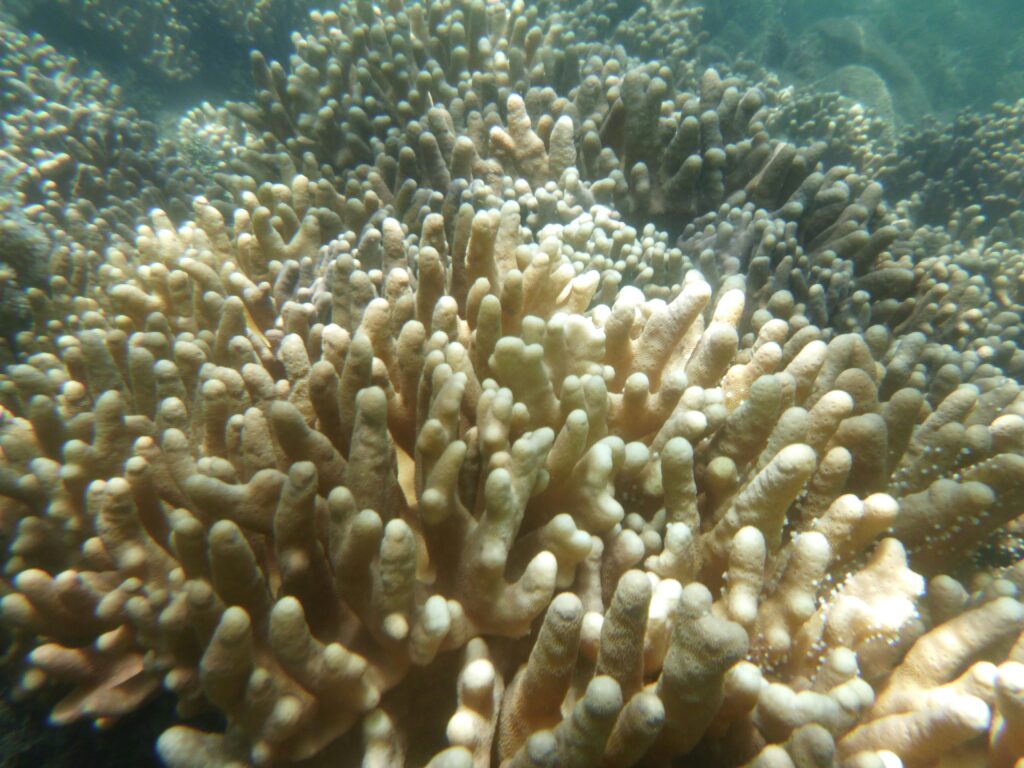
Meaningful Partnerships
In partnership with the Department of Wildlife Conservation (DWC) and Blue Resources Trust (BRT), BSL is spearheading the Life to Our Coral Reefs project as a Nature-based Solution (NbS) to address these threats. The project aims to restore the reef’s ecological balance while enhancing the livelihoods of the surrounding communities. In addition to safeguarding the coral ecosystem, the project will focus on protecting approximately 1,400 acres of mangroves and 20 acres of seagrass meadows, contributing to the overall health of the marine environment.
Guided by the IUCN Global Nature-based Solutions Standard, BSL will undertake baseline monitoring with the BRT under DWC supervision. This science-driven approach will ensure that we deliver measurable environmental and socio-economic benefits, building resilience and promoting ecosystem renewal.
We are pleased to announce that Commercial Bank, Dilmah Tea Company, and Citizens Development Business (CDB) PLC have already come on board as pioneering partners for this initiative. Commercial Bank and Dilmah officially signed agreements at our recent board meeting, while CDB completed their partnership at the BSL’s Annual General Meeting. With these valuable collaborators, BSL is ready to commence this transformative project. Our goal is to secure 10 private sector partners, creating a coalition dedicated to the preservation of Sri Lanka’s marine biodiversity.
Come join us for Coral Conservation
As we embark on this exciting journey, we invite more like-minded organizations to join us in safeguarding our coral reefs and ensuring a sustainable future for both nature and people. Join us to create a lasting impact on biodiversity and empower local communities to embrace sustainable practices that ensure the long-term health of the marine environment. Let’s build a coalition of committed partners who are passionate about marine conservation, where each contribution – be it financial support, expertise, or resources – will bring us closer to achieving our collective goals.
Join us in this crucial mission to save the Kayankerni Reef. Your partnership can help shape a brighter future, one where vibrant coral ecosystems thrive, and local communities flourish in harmony with nature. Together, we can foster a sustainable legacy that benefits both the environment and future generations.

The Kanneliya Project’s Milestone Achievement
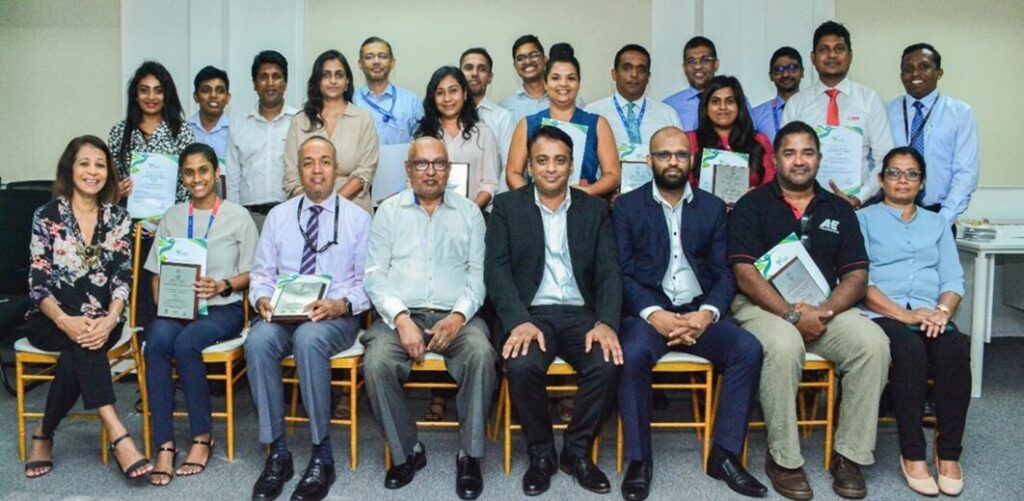
The Life to Our Forests – Project Kanneliya has achieved a remarkable milestone by receiving the prestigious Ecosystem Restoration Standard Award from Preferred by Nature. This recognition, awarded on July 8, 2024, highlights the project’s commitment to sustainable land use and effective ecosystem restoration practices.
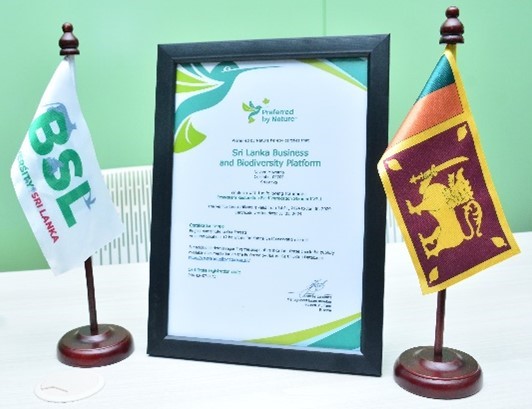
Ecosystem Restoration Verification Process
The journey towards this award began with a rigorous Ecosystem Restoration Verification Audit conducted by Preferred by Nature on January 19-20, 2024. This audit involved a thorough assessment of the restoration efforts at the field level, including documentation reviews, field observations, and interviews with key stakeholders such as the Restoration Manager and field workers. The audit team found no significant nonconformities, affirming that the project’s restoration practices are scientifically sound and verifiable. During the second day of the audit, Mr. Naalin Perera from IUCN joined the BSL team to monitor ongoing maintenance work at the project site. His insights were invaluable in identifying areas for future improvement, ensuring that the project continues to evolve and thrive. This audit is notable as one of the first of its kind in Asia, showcasing Sri Lanka’s leadership in ecosystem restoration verification.
A Collaborative Effort
The award ceremony brought together all 15 project partners, including prominent companies like Access Engineering PLC and Dilmah Ceylon Tea Company PLC. Each partner received certificates recognizing their contributions to this significant ecological initiative. The independent verification by Preferred by Nature ensures that all partners’ restoration efforts align with global best practices, enhancing their credibility and attracting further recognition.This collaborative effort not only contributes to local ecological restoration but also plays a vital role in global environmental initiatives. By adhering to the Ecosystem Restoration Standard, project partners can demonstrate their commitment to responsible land management and sustainable business practices, driving positive environmental impacts across the region.
A Bright Future for Ecosystem Restoration
The success of the Kanneliya Project serves as an inspiring example of how effective partnerships and rigorous standards can lead to meaningful ecological restoration. With the recent recognition from Preferred by Nature, this initiative not only showcases the importance of sustainable land use practices but also highlights Sri Lanka’s leadership role in the global movement for ecosystem restoration.
As we celebrate this achievement, it is clear that continued collaboration and adherence to best practices will be essential for sustaining our forests and ensuring a healthier planet for future generations. Let us build on this momentum, inspiring others to join the cause and contribute to the vital work of restoring our ecosystems.
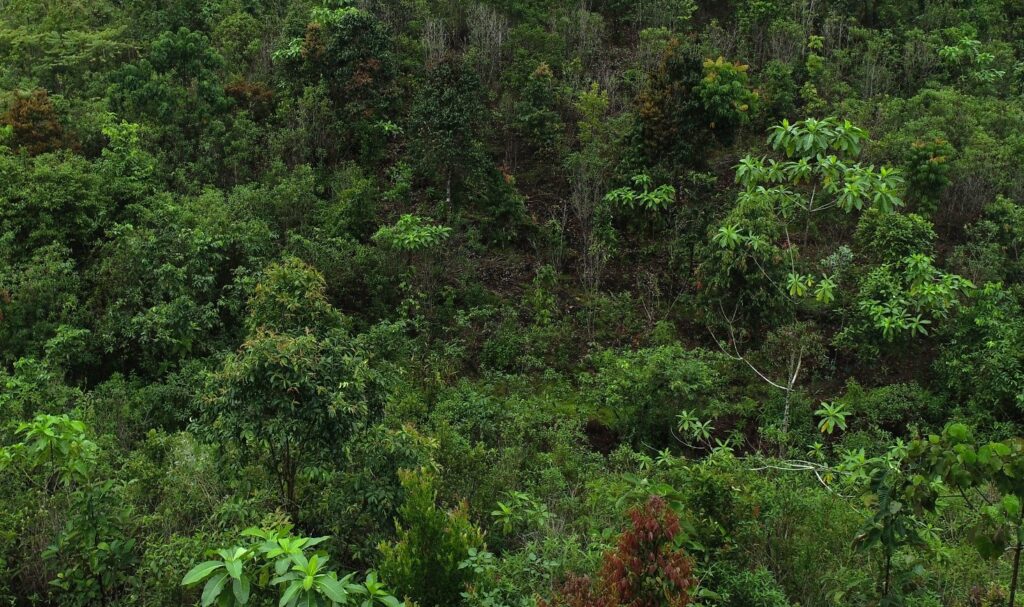

Join the Wave: Let’s Keep Sri Lanka’s Beaches Beautiful

The “Life to Our Beaches” project, initiated by Biodiversity Sri Lanka and the Marine Environment Protection Authority (MEPA), is an inspiring initiative dedicated to preserving and cleaning Sri Lanka’s beautiful coastal areas. This annual project focuses on enhancing the cleanliness and ecological health of our beaches, ensuring they remain pristine and welcoming for both residents and tourists.
This year, the project has received an exciting boost with the Citizen Development Bank (CDB) joining as a new partner, demonstrating their commitment to environmental conservation. Together, we aim to make a significant impact on three major beach areas: Dehiwala, Wellawatta and Mt. Lavinia.
The “Life to Our Beaches” initiative is not only about removing waste but also about educating the public on the importance of protecting our marine environment. The combined effort of BSL, MEPA, and CDB is expected to inspire more organisations and communities to participate in maintaining these beautiful coastlines. By bringing together the expertise and resources of these organizations, the project is set to make a lasting difference, ensuring that our beaches remain safe and clean.
As we continue to expand our efforts, we invite more private sector companies to join us in this vital mission. Your participation can significantly amplify our impact, fostering a collective commitment to safeguarding our coastlines. Together, we can champion sustainable practices, inspire community engagement, and ensure a cleaner, healthier environment for future generations. Join us in making a difference today!
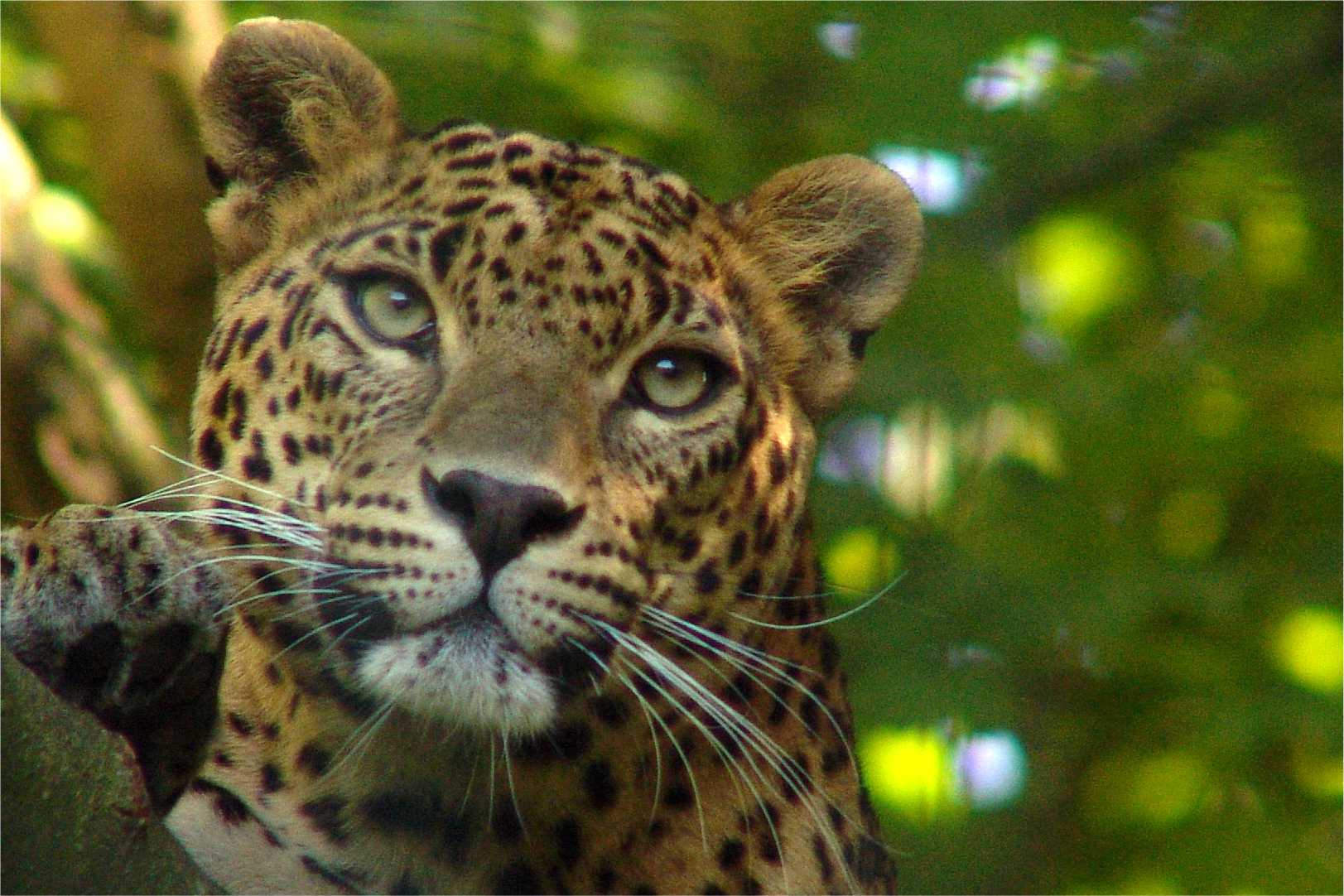
Revitalising Our Parks for Wildlife Restoration
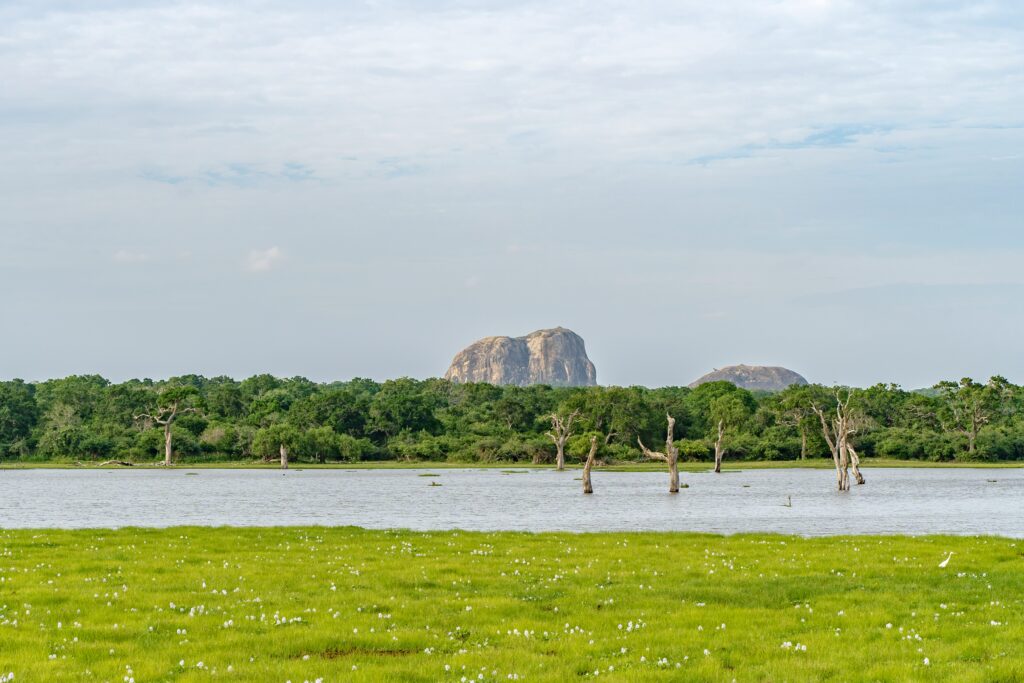
The “LIFE to Our National Parks” (LONP) project is making significant strides in restoring the biodiversity of Sri Lanka’s Lunugamvehera National Park, a crucial sanctuary for wildlife and a key migratory route for elephants. This ambitious initiative focuses on reversing the damaging effects of Invasive Alien Plant Species (IAPS), which have overrun large portions of the park, drastically affecting the habitat and feeding grounds for herbivores. Two of the most problematic species targeted by this project are Lantana camara (commonly known as Gandapana) and Eupatorium odoratum (Podi Singho Maran), both notorious for their aggressive spread and ability to choke out native vegetation, threatening the park’s delicate ecological balance.
The project is spearheaded by the Federation of Environmental Organizations (FEO) in collaboration with the Department of Wildlife Conservation (DWC), under the broader umbrella of Biodiversity Sri Lanka’s mission to enhance the vitality of the nation’s protected areas. These restoration efforts began in 2021, with manual removal methods aimed at eliminating Lantana camara and Eupatorium odoratum from large areas of the park, allowing native flora to regenerate. Early results have been encouraging, with native grasses returning and wildlife like elephants and deer rediscovering their natural feeding grounds.
Entry of the Champions
A major success for the LONP project has been the involvement of private sector partners. HNB Assurance (HNBA) was the first corporate entity to join the project in November 2023, funding the clearing of 15 hectares of invasive plants. By January 2024, the initial phase was complete, and HNBA committed to supporting the restoration of an additional 15 hectares, bringing their total contribution to 30 hectares of habitat revitalization. Their involvement has been a critical component in restoring essential feeding grounds for elephants and other herbivores, which is also helping to reduce human-wildlife conflict in nearby communities.
Following HNBA’s lead, DIMO Lanka recently joined the LONP project as a new partner, further strengthening the initiative by committing to restore another 15 hectares of land. With the inclusion of DIMO Lanka’s contribution, the total area under restoration now stands at 45 hectares, showcasing the expanding influence of the LONP project. This collaborative approach, involving both public and private sector stakeholders, reflects a growing recognition of the need for concerted efforts to address environmental degradation in Sri Lanka’s national parks.
Multiple Impacts
The project’s impact extends beyond environmental restoration. Local communities, many of whom were adversely affected by the economic fallout from the COVID-19 pandemic, have benefited from employment opportunities created by the project. Around 60 workers from nearby villages have been involved in the labor-intensive process of manually removing the invasive plants, providing them with a stable source of income. This not only uplifts the livelihoods of these communities but also fosters a sense of environmental stewardship among local residents.
The removal of IAPS is also crucial in addressing the ongoing human-elephant conflict in the region. As invasive species have taken over key habitats, elephants have been forced to move beyond park boundaries in search of food, often resulting in damage to crops and conflict with local farmers. By restoring the park’s natural feeding grounds, the LONP project aims to reduce these conflicts and create a more harmonious relationship between humans and wildlife.
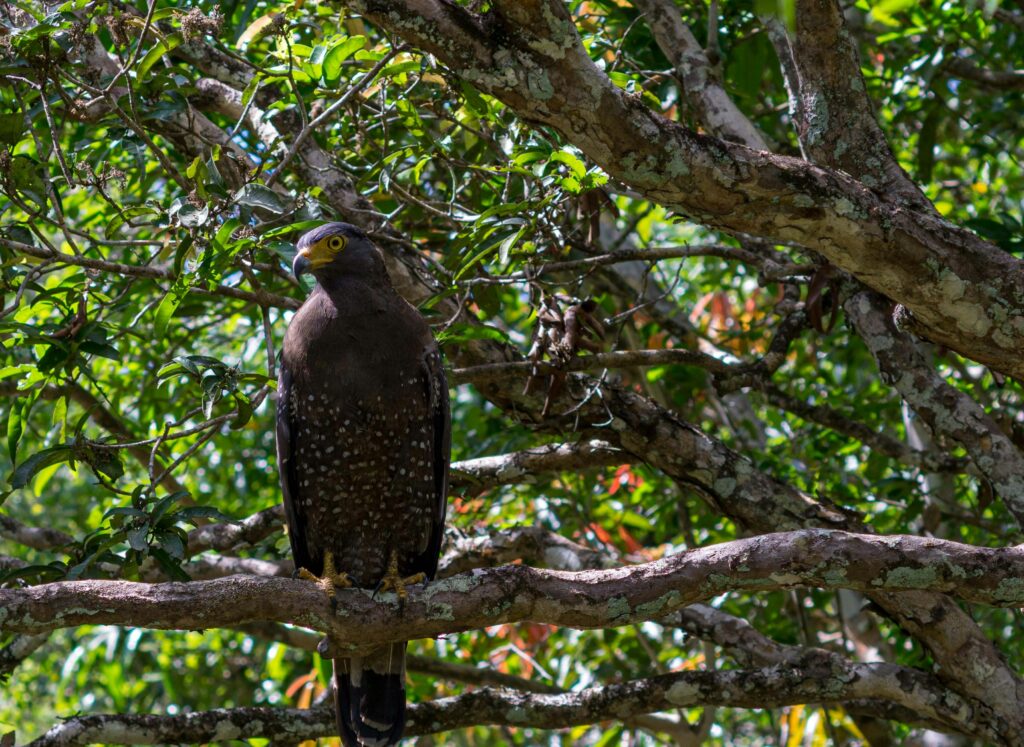
A Transformative Initiative
As we celebrate the achievements of the “LIFE to Our National Parks” project, we recognise that meaningful change is only possible through collaboration. We invite more private sector companies to join this transformative initiative and contribute to the restoration of Sri Lanka’s precious ecosystems. Your partnership can amplify our efforts to revitalise Lunugamvehera National Park, enhance biodiversity, and support local communities affected by environmental challenges. Together, we can create a sustainable future where wildlife thrives, and local livelihoods prosper. Join us in making a lasting impact – your involvement is key to nurturing the natural heritage of Sri Lanka!
10 Best National Parks of Sri Lanka:
https://www.youtube.com/watch?v=9U-4lenJ9Do
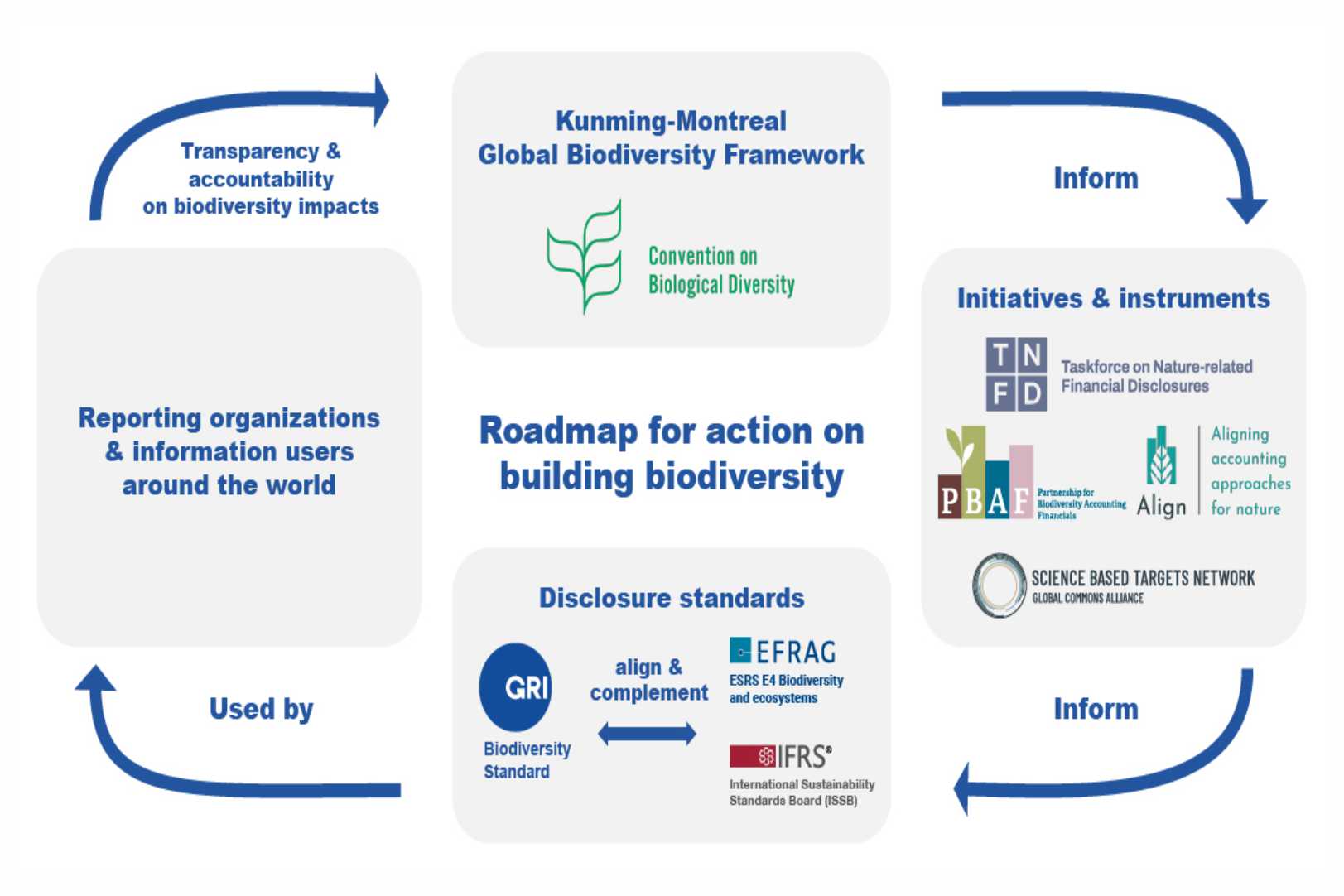
The Business Case for Enhanced Biodiversity Reporting
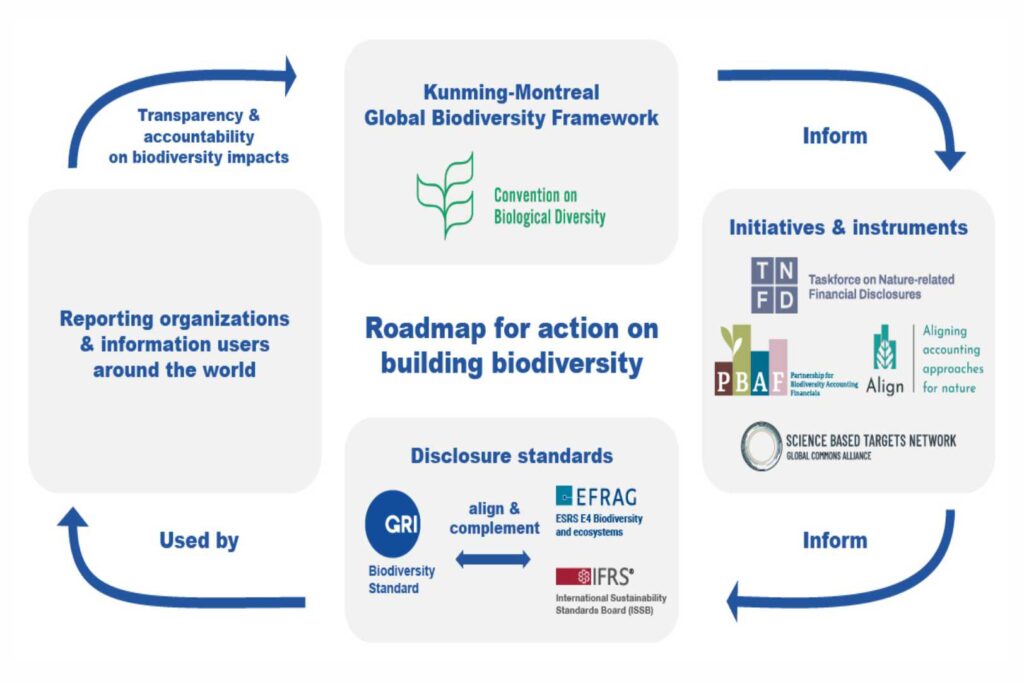
Biodiversity reporting has become a critical focus for businesses, especially in light of new international regulations. The Global Data and Biodiversity Framework (GDF), established at COP 15, emphasises the importance of understanding various regulations, such as the EU’s Deforestation Regulation, which directly impacts supply chains. Companies involved in exports must prepare for due diligence regarding their biodiversity impacts, ensuring compliance with these emerging standards.
Many organisations face significant challenges in data collection and reporting, which are essential for demonstrating their sustainability efforts. To address these challenges, tools like the European Sustainability Reporting Standards (ESRS) and the Corporate Sustainability Due Diligence Directive (CSDDD) are recommended to enhance reporting practices and ensure transparency in operations.
Implementing Initiatives
Financial implications are also paramount, as businesses will need to account for their ecological impacts in financial statements. The upcoming International Financial Reporting Standards (IFRS) will require companies to quantify their biodiversity dependencies and impacts, making proactive environmental management crucial. Current actions taken by businesses will shape future reports, highlighting the importance of long-term planning.
Successful examples of companies implementing biodiversity initiatives illustrate that collaboration across sectors is vital for effective biodiversity management. Addressing biodiversity is not just a regulatory requirement; it also presents an opportunity for businesses to showcase their commitment to sustainability.
Impacts and Dependencies
Key frameworks like the Taskforce on Nature-related Financial Disclosures (TNFD) can help businesses identify and assess nature-related risks and opportunities. TNFD’s integrated approach for the identification and assessment of nature-related issues called the LEAP approach is designed for use by organisations of all sizes and across all sectors and geographies. By employing a LEAP framework, companies can better understand their impacts and dependencies on biodiversity.
Globally, businesses are urged to adopt comprehensive reporting practices and engage in collaborative efforts to enhance resilience while contributing positively to environmental conservation. By understanding their value chains and interactions with nature, companies can effectively manage risks associated with biodiversity loss while seizing opportunities for sustainable growth.
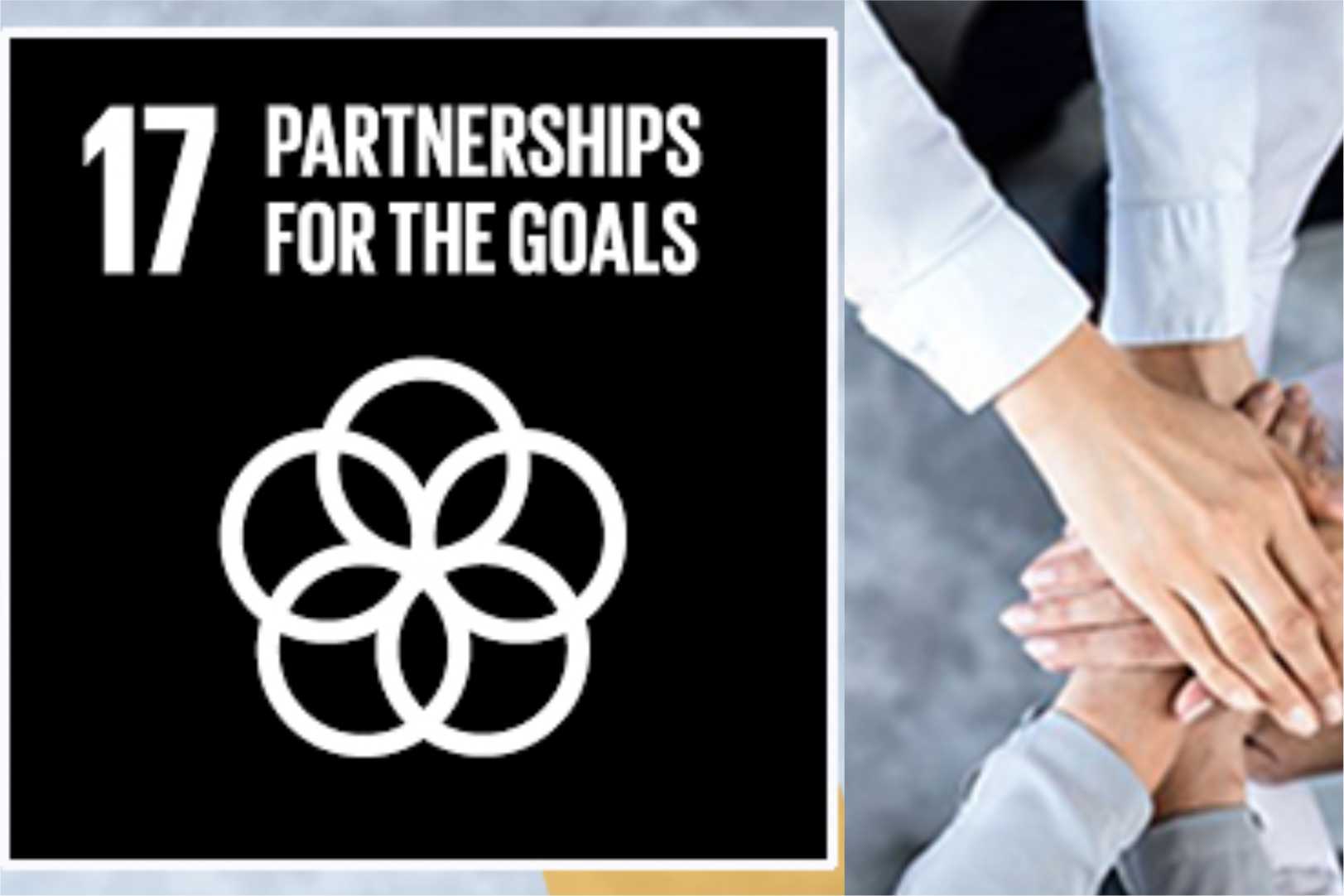
Private Sector Driving National Initiatives
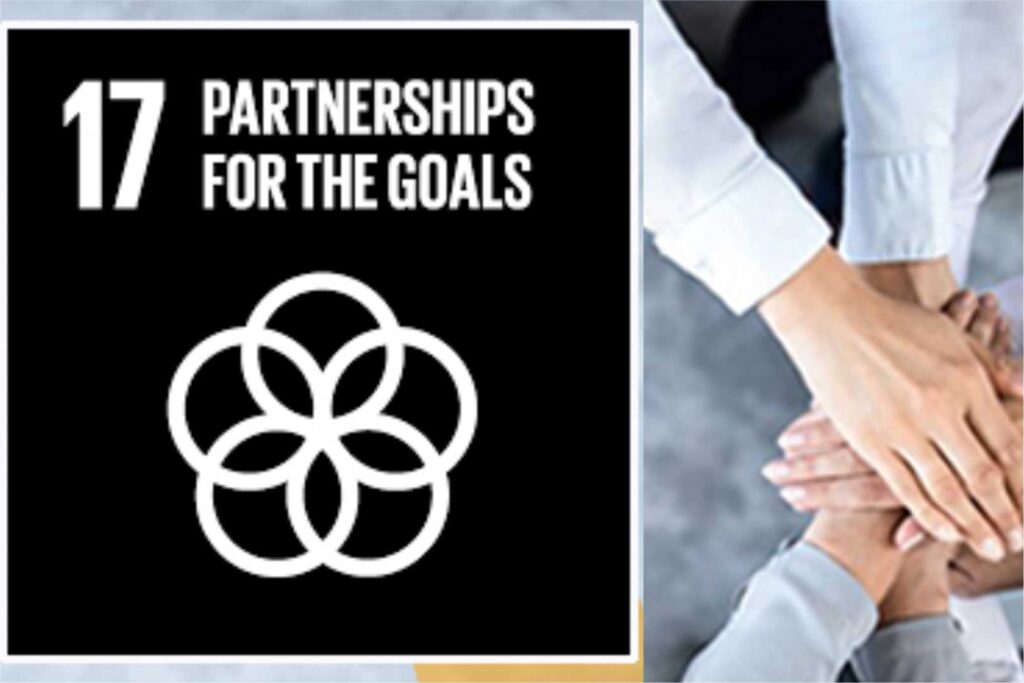
Sri Lanka is making significant efforts to protect its biodiversity and align with global environmental initiatives. One of the key steps the country has taken is the formation of the National Biosecurity Team to implement the goals set by the Convention on Biological Diversity (CBD), which Sri Lanka ratified in 1994. These efforts aim to develop sustainable practices across various sectors, with a focus on fostering harmony between people and nature by 2050. However, the government alone cannot achieve these ambitious goals. The involvement of the private sector is crucial for making meaningful progress.
The National Biodiversity Strategic and Action Plan (NBSAP) outlines 20 strategic targets aimed at conserving biodiversity and promoting sustainable development. These targets address a wide range of areas, from raising public awareness and integrating biodiversity into national economic policies, to protecting ecosystems and promoting sustainable resource management. Some targets specifically call on the private sector to engage in biodiversity conservation, disclosing their environmental impacts and adopting sustainable practices.
New Approaches to Landscape Management
Despite having strong frameworks in place, the government faces challenges in implementing many of these targets. For example, there are six comprehensive plans for nature-based tourism developed by the World Bank’s Ecosystem Conservation and Management Project (ESCAMP), but they remain inactive due to funding challenges. These plans, if activated, could bring in local and international visitors, boosting the economy and fostering sustainable tourism. The private sector’s involvement in such initiatives could unlock tremendous potential and help bring these dormant projects to life.
Another area where private sector involvement is critical is in landscape management. There are two well-developed plans for biodiversity-rich areas prepared by ESCAMP. One such plan is the Sinharaja Forest Range Landscape Management Plan. The other such comprehensive plan is the Hurulu-Kaudulla-Kanthale Landscape Management Plan. Businesses have an excellent opportunity to invest in sustainable practices within these landscapes, benefiting from their natural beauty and contributing to long-term conservation efforts. By working together with the government and other stakeholders, the private sector can help realize the full potential of these regions and play a key role in preserving Sri Lanka’s natural heritage.
Funding Biodiversity Management
The biggest obstacle to implementing many of these sustainable initiatives is the lack of financial resources. Here, the private sector can step in by co-financing projects that need funding to get started. Whether through direct investments, partnerships, or other funding arrangements, businesses can help support sustainable tourism, conservation, and biodiversity management projects.
The government is eager to collaborate with the private sector and is open to showcasing potential projects where partnerships can lead to meaningful progress. Through these collaborations, both the private sector and the government can achieve greater success in driving sustainable initiatives that benefit the environment and the economy.
Unlocking Potential through Collaboration
The active participation of the private sector is essential to achieving Sri Lanka’s biodiversity and sustainability goals. By fostering collaborative partnerships with the government and other stakeholders, businesses can help overcome financial and operational challenges while making a significant positive impact on both the economy and the environment.
Together, we can leverage resources, share knowledge, and drive innovative solutions to create a sustainable future that not only benefits nature but also enhances economic growth and community resilience. Engaging in these partnerships will not only pave the way for sustainable development but also position the private sector as a leader in environmental stewardship. Biodiversity Sri Lanka is committed to make this a reality.
Derived from the discussions that took place on this subject at the 2024 Annual Technical Sessions of Biodiversity Sri Lanka.
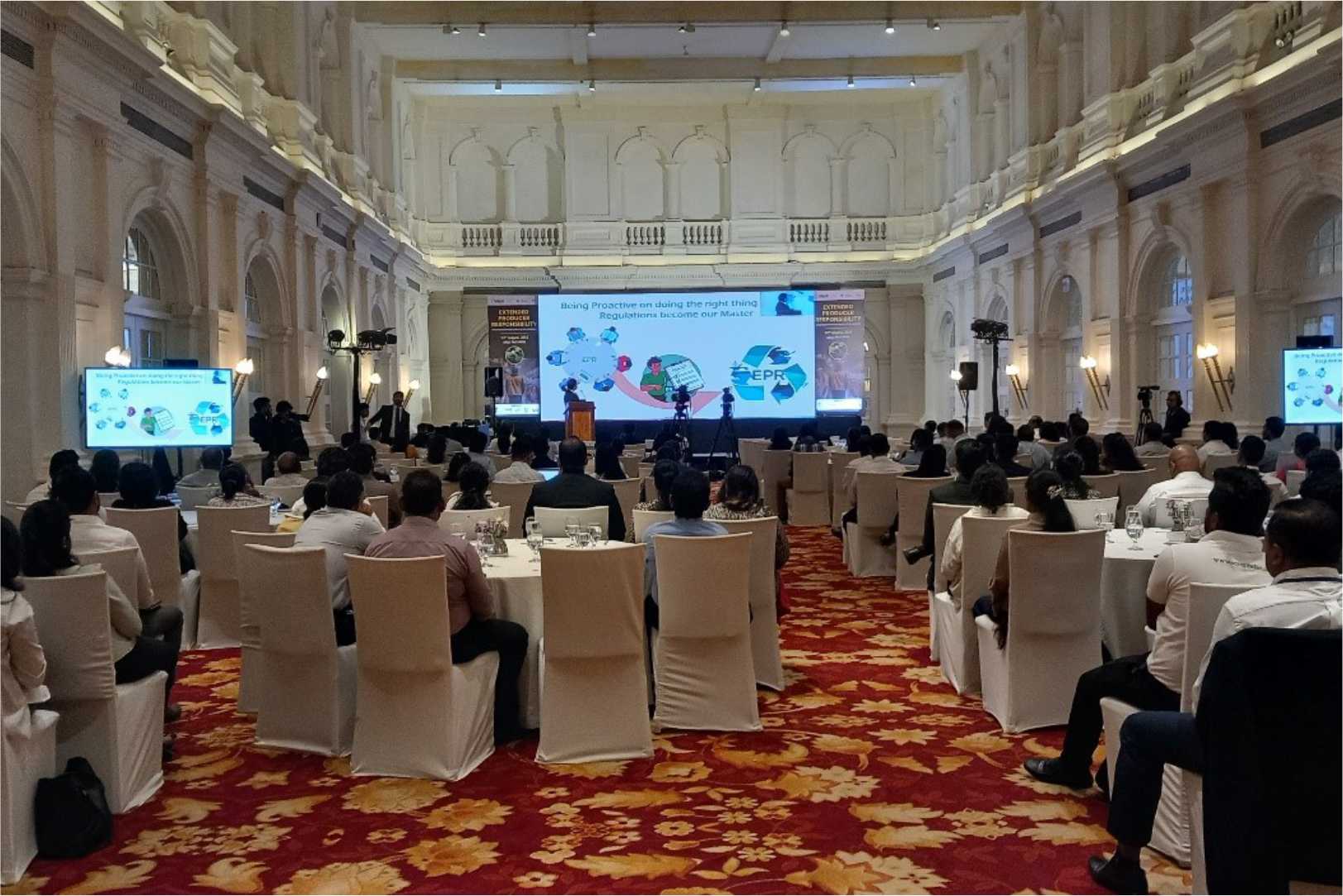
EPR Symposium: A Path to Circular Economy

The Extended Producer Responsibility (EPR) Symposium held on 22 August 2024 was a pivotal moment in Sri Lanka’s ongoing journey toward sustainable waste management. Organised by the Ceylon Chamber of Commerce (CCC) and Biodiversity Sri Lanka (BSL), the event brought together industry leaders, policymakers, and environmental advocates to explore innovative solutions for plastic waste. With the support of the EU SWITCH-Asia PLASTICS project, this symposium underscored the urgent need for collective action in addressing the growing plastic pollution crisis.
EPR is a policy tool designed to make producers accountable for the end-of-life impact of their products. This means they are responsible for ensuring proper collection, recycling, or disposal, encouraging sustainable product design from the outset. In Sri Lanka, EPR has gained momentum since the launch of the EPR Roadmap in 2020, a framework aimed at reducing plastic waste by integrating circular economy principles.
Key Takeaways from the Symposium
The symposium was structured into four sessions, each focused on a different aspect of EPR’s role in transforming Sri Lanka’s environmental landscape:
- Transforming Sri Lanka’s Private Sector towards Sustainable Practices:
This session featured regional case studies from countries like South Africa and India, which have successfully implemented EPR. South Africa’s producer-led packaging agreements, for example, have demonstrated the effectiveness of private sector-driven waste management initiatives. Similar models could be adapted to Sri Lanka’s context, promoting greater accountability and collaboration among businesses.
- Accelerating Circular Economy and Green Finance:
A dynamic panel discussion highlighted the crucial role of green financing in driving the adoption of EPR. By leveraging financial incentives and regulatory frameworks, Sri Lanka can accelerate the transition to a circular economy where materials like PET and HIPS plastics are not only collected but also recycled and reintegrated into the production cycle.
- Transitioning to a Low-Carbon Economy through Plastic Management:
Industry leaders shared insights on innovative plastic management strategies that reduce carbon emissions while ensuring efficient recycling processes. A case in point was the digital Deposit Refund System (DRS) discussed in collaboration with local stakeholders, which involves QR code-tagged PET bottles that consumers can return for a refund, encouraging responsible disposal and recycling.
- The Future of EPR in Sri Lanka:
The final session took a deep dive into the evolving landscape of EPR. Discussions centered on Sri Lanka’s voluntary EPR model, which is set to mandate reporting and collection targets for producers. As PET recycling grows, this model could scale to include more materials, further driving the country toward its sustainability goals.

A Collaborative Path Forward
Sri Lanka’s commitment to EPR reflects a broader global trend toward extended producer responsibility as a means to reduce plastic waste. With the participation of over 90% of private sector stakeholders expressing their willingness to implement the EPR roadmap, the country is well-positioned to lead by example in the region. Collaboration among manufacturers, recyclers, and government bodies is key to ensuring that the EPR system can be successfully scaled, with the ultimate goal of reducing Sri Lanka’s environmental footprint.
The success of the voluntary EPR model so far has shown that Sri Lanka can make strides in mitigating plastic pollution. As the CCC and BSL continue to engage with the private sector, the lessons learned from countries with established EPR systems, like South Africa and India, will help guide the local implementation of this innovative model.
By embracing EPR, Sri Lanka is not only tackling plastic pollution but also moving toward a more sustainable, low-carbon future. This symposium highlighted the importance of stakeholder engagement, innovation, and accountability in ensuring that EPR continues to be a driving force for environmental stewardship in the country.

Redefining Global Business: Pioneering Sustainability for a Greener Tomorrow
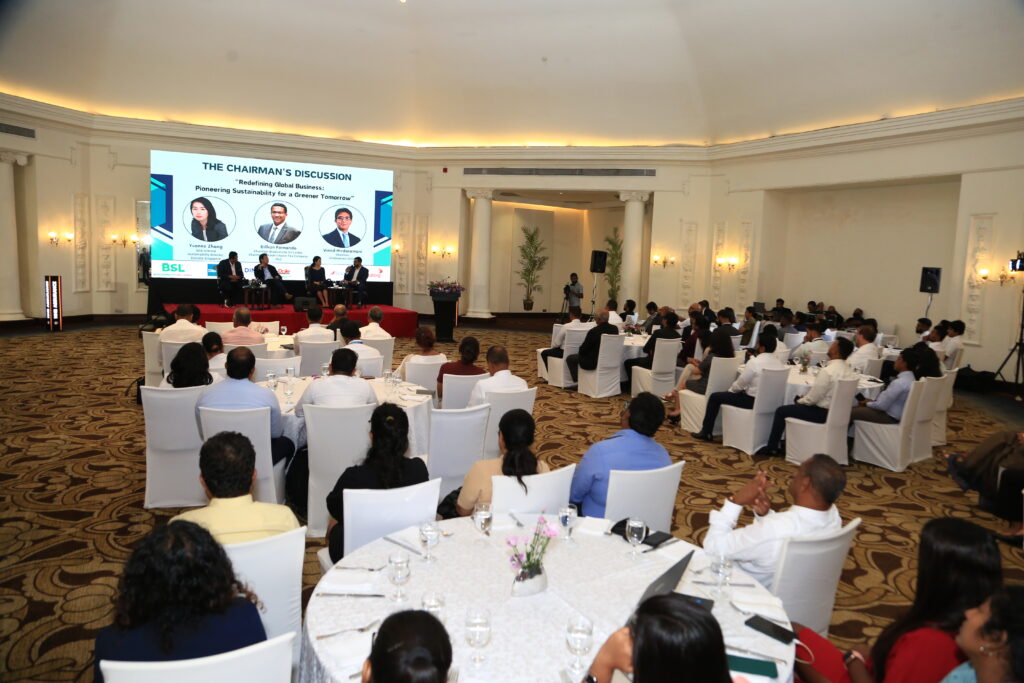
“Redefining Global Business: Pioneering Sustainability for a Greener Tomorrow” was the theme of BSL’s CEO Forum held following its 9th AGM on 18th September 2024. The Chairman’s Discussion, a pivotal component of the event, was moderated by Attorney at Law Shanaka Amarasinghe. Featuring Chairman, Dilmah Ceylon Tea Company Mr Dilhan C. Fernando, Ms Yvonne Zhang of World Climate, Deloitte and Touche Management Services Pte Ltd. Singapore, and Hirdaramani Group Chairman Mr Vinod Hirdramani, this discussion focused on sustainability strategies and practices applicable to global business. The forum engaged business leaders in a detailed and strategic dialogue regarding how businesses can proactively address sustainability challenges and opportunities on a global scale.
Beginning the conversation, Ms Yvonne Zhang stated that, “biodiversity is not new – everybody knows we need it; everybody knows that it has value and it is difficult for the value to be realised. There is an increased awareness that we should better articulate the pathway of impact: what is the measurement of success and how to generate a viable ecosystem so that biodiversity benefits can actually be accentuated and also be transferred into real dollars and cents across a supply chain, to everybody in it”.
Mr Vinod Hirdaramani explaining the long and arduous road taken by the Hirdaramani Group towards sustainability, said that, “the first lead certified factory in the country and probably in the region was established based on a strategic and forward-thinking decision taken by the Group, Yes, there was skepticism, but – looking back 20 years later – it paid off. At the time, none of the banks were willing to invest. There was this disbelief that sustainability doesn’t work, or it is not good; you have to get over that mindset – and the people who don’t believe need to be convinced that it is a long-term goal. It costs the Company a lot more to neglect it, but again this is long term thinking. Sustainability must be made a key pillar because no company can ignore it as a strategy going forward. You just cannot ignore it – It’s a non-discussion point,” he enthused.
Answering a query on making Biodiversity Sri Lanka (BSL) a credible platform that helps everyone move in the same direction, Mr. Dilhan Fernando explained that, “BSL’s impact depends on collaboration. Since late, many companies have realised that there’s a relentless push back from consumers. This explains why so many companies have decided to come and ask us for support and the reason why BSL has become relevant – we don’t just plant a million trees, we’ll plant a million trees with you in a science-based approach, looking at baselines, looking at how we can help monetise it; how we can assist in assessing the eligibility for climate finance and then help secure it. It’s a question of looking beyond outdated business models – understanding some of these macro statistics and realising that corporate focus on the environment and biodiversity influences consumer behavior particularly Gen Z. It builds trust and that’s a base on which we can do great things and that, I think, is the uniqueness of Biodiversity Sri Lanka”.
He went on to say that, “today, consumers do walk the talk and the reason for that is the fear of losing something that we have taken for granted for generations: biodiversity. What we have in addition to our quality, and of equal importance is the biodiversity of Sri Lanka. We are relatively a high-cost producer. We are an island, but if we advertise the fact that our products come with the assurance of kindness to nature: we are involved in climate interventions, we help small farmers understand the changes in climate, we’re looking at protecting novel species, we’re looking at environmental education. Looking at all of these factors connected to biodiversity, that is the edge that Sri Lanka can have because we are an island we don’t have a large internal market to sustain ourselves. We need to cater to the world, and the world is sensitive to biodiversity and it is sensitive to sustainability. So in summary, “consumers are willing to pay a premium. Conscious consumerism is stronger today – more powerful than ever”.
Talking about meeting standards like GRI, Ms Zhang mentioned that, “this also gives a lot more confidence to financing, to investments, to decisions where money needs to flow and accountability needs to be shared. It is aspirational for GRI to be propagated”. Explaining how it is aspirational, she said that, “businesses want to be measured fairly – everybody wants to actually be seen in the correct light by the people that matter to them most. Therefore, relying on standards is one way of doing that, and it’s doing that from a perspective of being fair and transparent, which I think a lot of companies have now realised.”
The CEO Forum reiterated the fact that corporates cannot drive sustainability top down. It needs to be a mindset change. For example, concepts such as “find your inspiration” at MJF, encourage teams to indulge in areas that inspire them. If employees don’t embrace sustainability, the company is not going to reap the benefits of employee involvement and the synergies of a bottom-up approach. The speakers emphasised that Sri Lanka is in a very unique position: the country is on a continuous journey of sustainability. Members of BSL understand that the green-growth pathway offers vastly more opportunity than the conventional path. The need is for corporate leaders to adjust their mindset, align their employees and move in that direction; however, this is easier said than done.
“The hope is that in nature we can find solutions because that’s how we have survived as a species for thousands of years, and we can continue to do so. We are all convinced that we will find a way out. This is a conviction that we can all agree upon. Nature is a place where sometimes a deer gets killed by a leopard, but all in all everyone thrives,” said Mr Shanaka Amarasinghe in conclusion.



